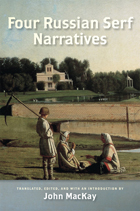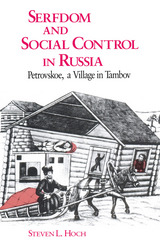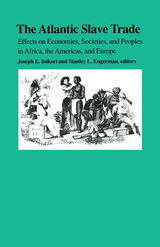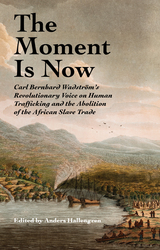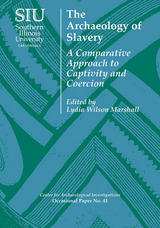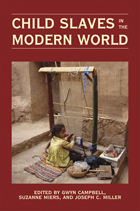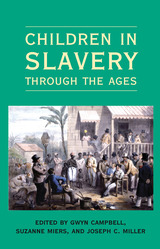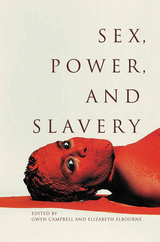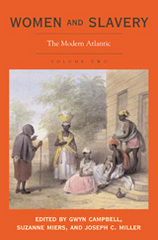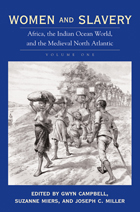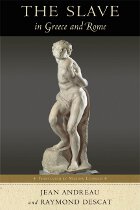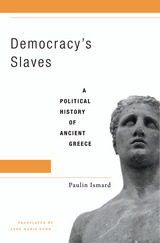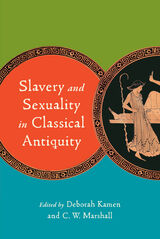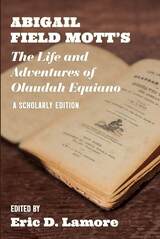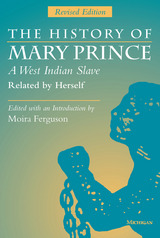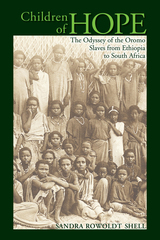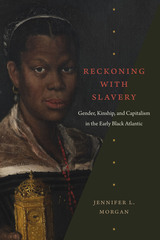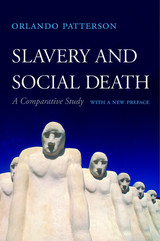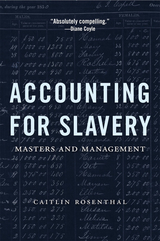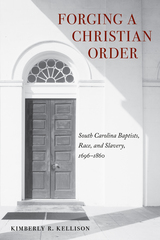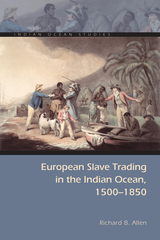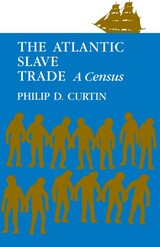eISBN: 978-0-299-28373-5 | Paper: 978-0-299-28374-2
Library of Congress Classification HT863.A6313 2011
Dewey Decimal Classification 306.36209495
Jean Andreau and Raymond Descat break new ground in this comparative history of slavery in Greece and Rome. Focusing on slaves’ economic role in society, their crucial contributions to Greek and Roman culture, and their daily and family lives, the authors examine the different ways in which slavery evolved in the two cultures. Accessible to both scholars and students, this book provides a detailed overview of the ancient evidence and the modern debates surrounding the vast and largely invisible populations of enslaved peoples in the classical world.
See other books on: Enslaved persons | Rome | Slave | Slavery | Slaves
See other titles from University of Wisconsin Press



